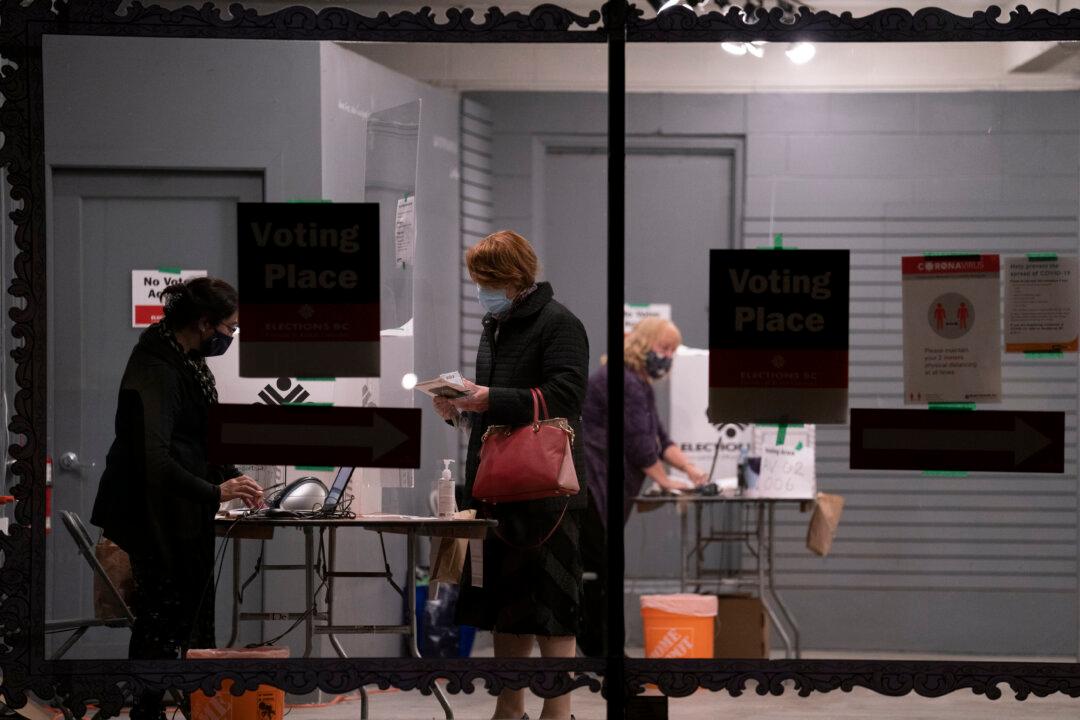Candidates are knocking on doors in British Columbia, Saskatchewan, and New Brunswick ahead of fall elections, and some of the key issues are the same across the provinces. Affordability, health care, and education are on many voters’ minds.
In all three provinces, the premiers are in the race.





